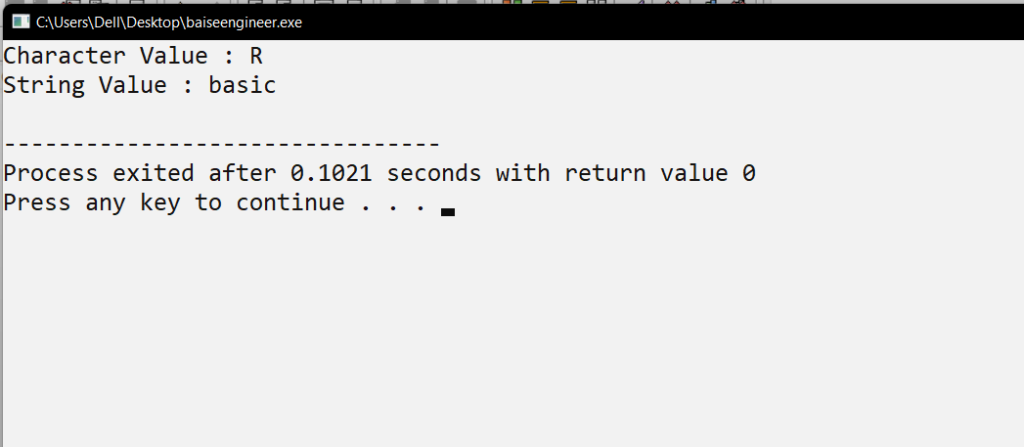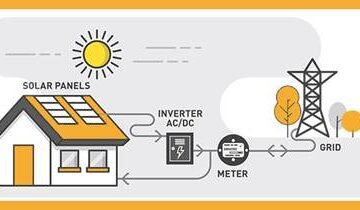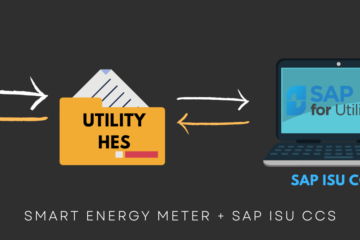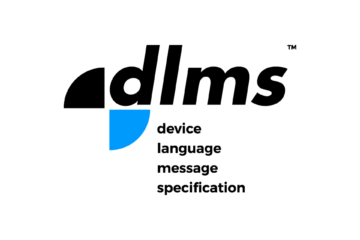Literals are the constant values assign to the constant variables. The Literals represent the fixed values that cannot be modifies. It also contains memory but does not have references as variables is knows as C Literals.
Types of literals
There are four types of C literals.
- Integer literal
- Character literal
- Float literal
- String literal
Integer literal
It is a numeric literal that represents only integer type values. It represents the value neither in fractional nor exponential part is knows as Integer literal.
Types
Integer literal are the following three ways:-
- Decimal Number
- Octal Number
- HexaDecimal Number
Decimal Number
It is define by representing the digits between 0 to 9 is knows as Decimal Number.
Octal Number
It is define as a number in which 0 is followed by digits such as 0,1,2,3,4,5,6,7 is knows as Octal Number.
HexaDecimal Number
It is define as a number in which 0x or 0X is follows by the hexadecimal digits is knows as HexaDecimal Number.
An integer literal is Suffix by following two sign
L or l: It is a size qualifier that represents the size of the integer type as long.
U or u: It is a sign qualifier that represents the type of the integer as unsigned. Unsigned qualifier contains only positive values.
Example of Integer literal
#include <stdio.h> int main() { const int x=250; printf("Integer literal : %d", x); return 0; }
Output of Integer literal

Float literal
It is a literal that contains only floating-point values or real numbers is knows as Float literal.
Example of Float literal
#include <stdio.h> int main() { const float x=11.5; const float y=51.6; float sum; sum=x+y; printf("%f", sum); return 0; }
Output of Float literal

Character literal
A character literal contains a single character enclosed within single quotes is knows as Character literal.
Example of Character literal
#include <stdio.h> int main() { const char r='b'; printf("%c",r); return 0; }
Output of Character literal

Token
Tokens are the smallest elements of a program, which are meaningful to the compiler is knows as Tokens
Classification of tokens in C programming language
- Keywords
- Strings
- Identifiers
- Operators
- Special Characters
- Constant
Keywords
Keywords are predefine and reserve words in C and each of which is associates with specific features. There are total 32 keywords in C.
| auto | struct | double | int |
| break | else | long | switch |
| case | register | enum | typedef |
| char | extern | return | union |
| continue | for | void | signed |
| do | if | static | while |
| default | goto | sizeof | volatile |
| const | float | short | unsigned |
Identifier
An identifier is use for any variable, constants, functions, structures, pointers, arrays, structures, unions, labels, or any other user-define data, to identify them. An identifier can be compose of letters just like uppercase, lowercase letters, underscore, digits. The starting letter should be either an alphabet or an underscore only. It can not start with a digit. There are 52 alphabetical characters (uppercase and lowercase), underscore character, and 10 numerical digits (0-9) that represent the identifiers. There is a total of 63 alphanumerical characters that represent the identifiers is knows as C Identifier.
Strings
A string is an array of characters ended with a null character is knows as String. Strings are always enclosed with double quotes(“ “).
Example of String
#include <stdio.h> int main() { // using keyword char char a1 = 'R'; int b = 5; float d = 1.8; char string[200] = "basic"; if(b<10) printf("Character Value : %c\n",a1); else printf("Float value : %f\n",d); printf("String Value : %s\n", string); return 0; }
Output of string

If you have any queries regarding this article or if I have missed something on this topic, please feel free to add in the comment down below for the audience. See you guys in another article.
To know more about C Programming language please Wikipedia click here .
Stay Connected Stay Safe, Thank you



0 Comments